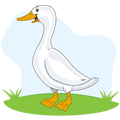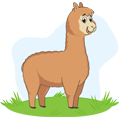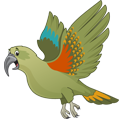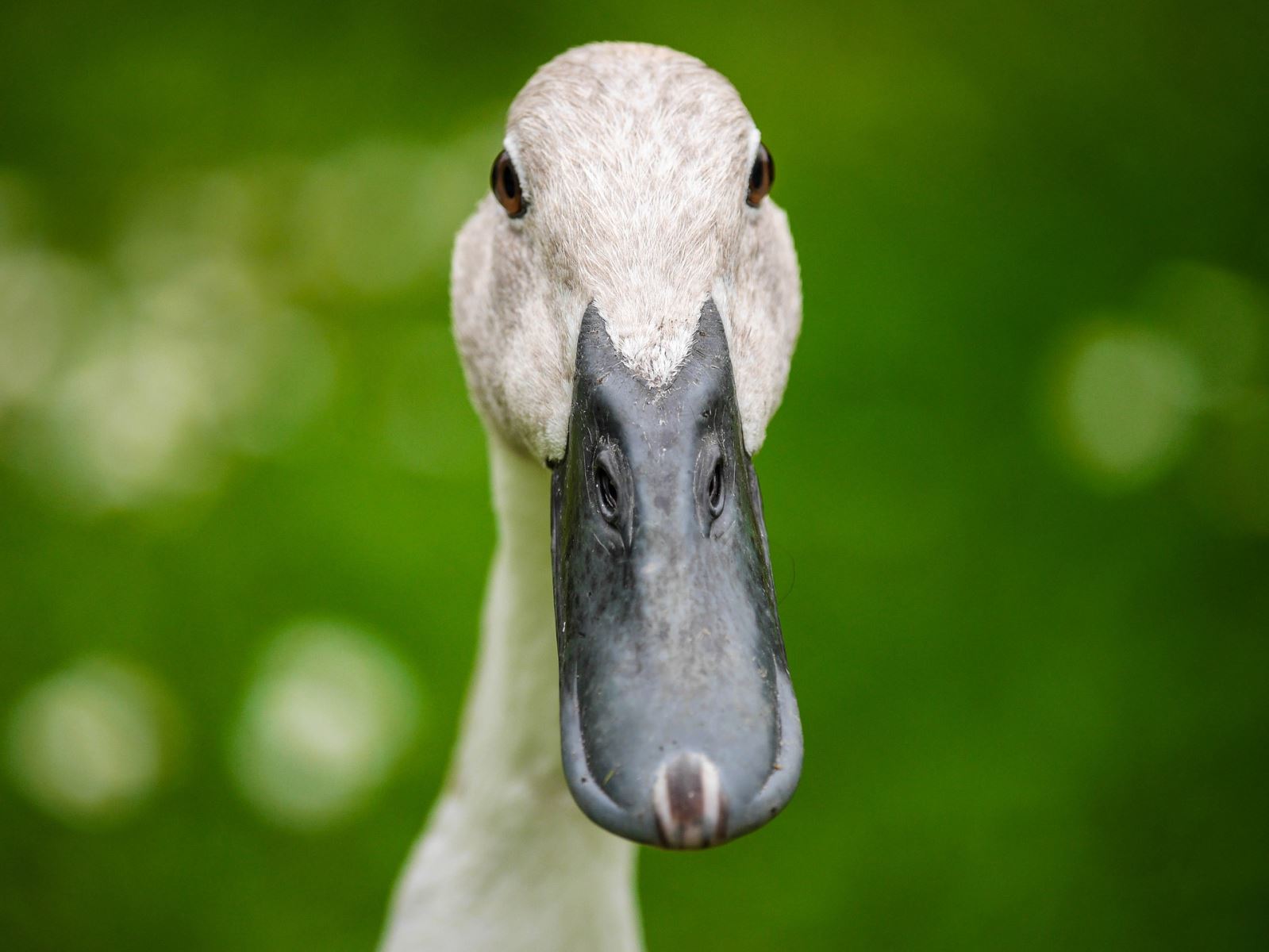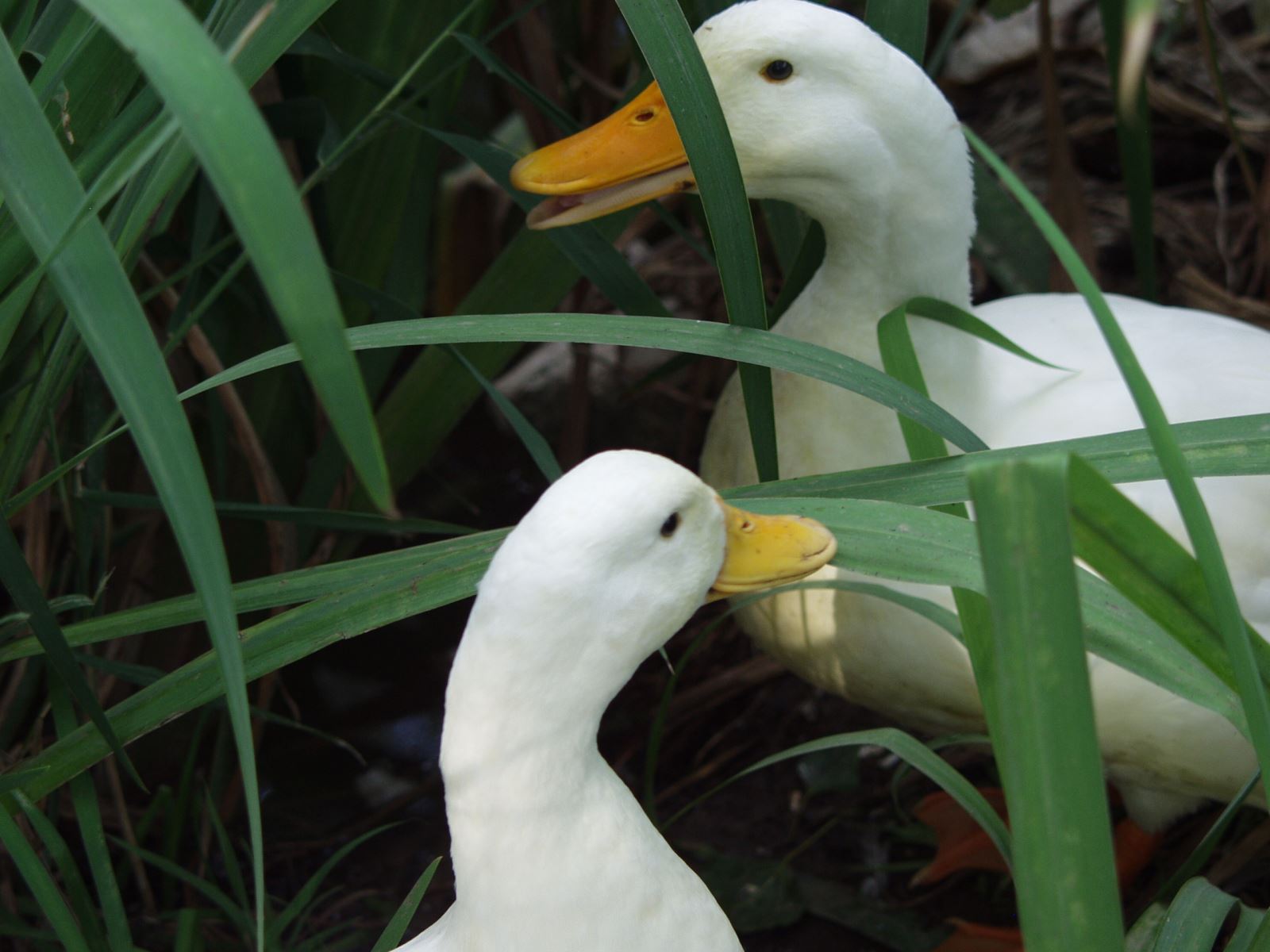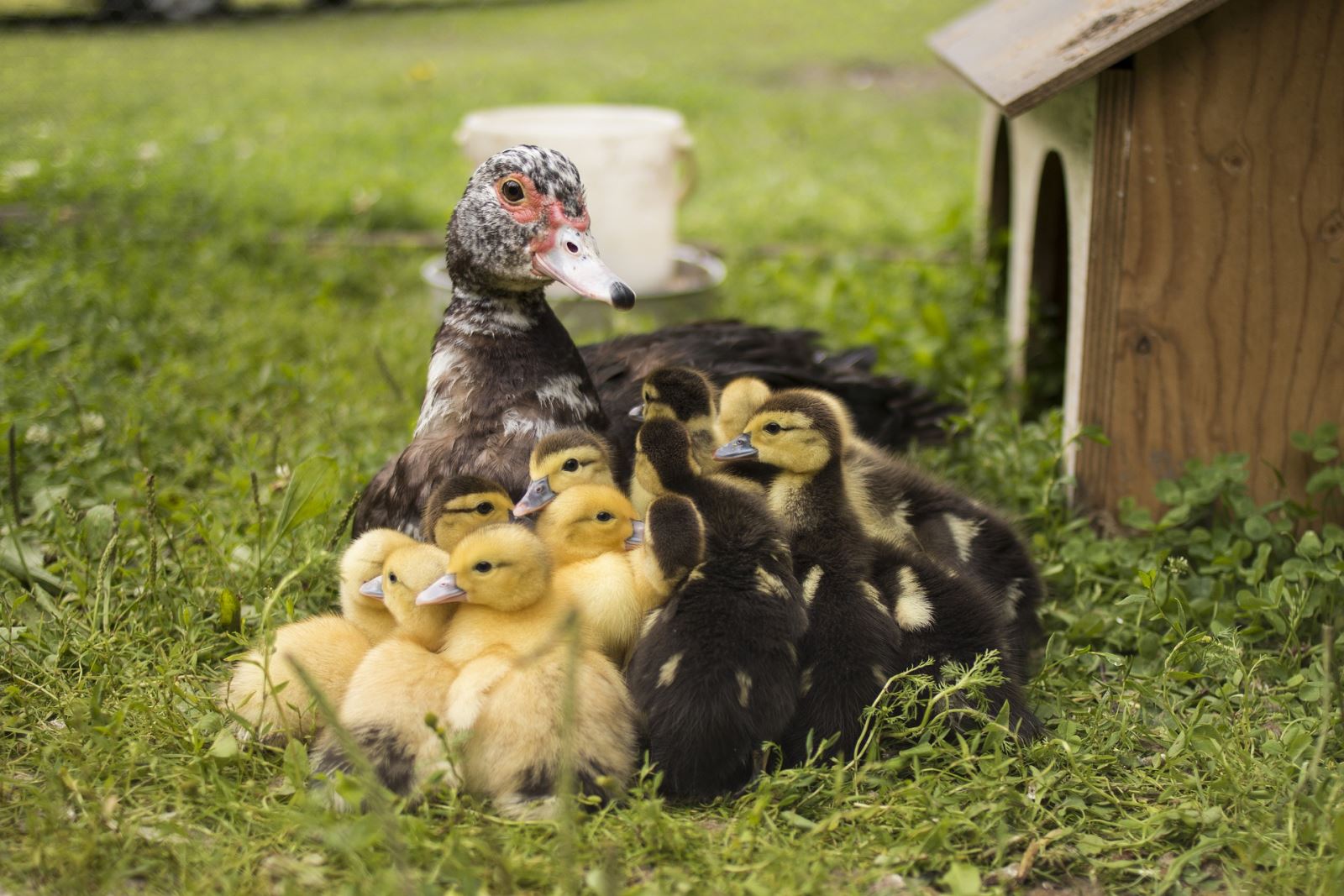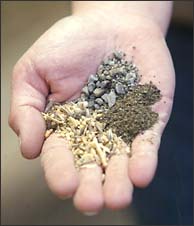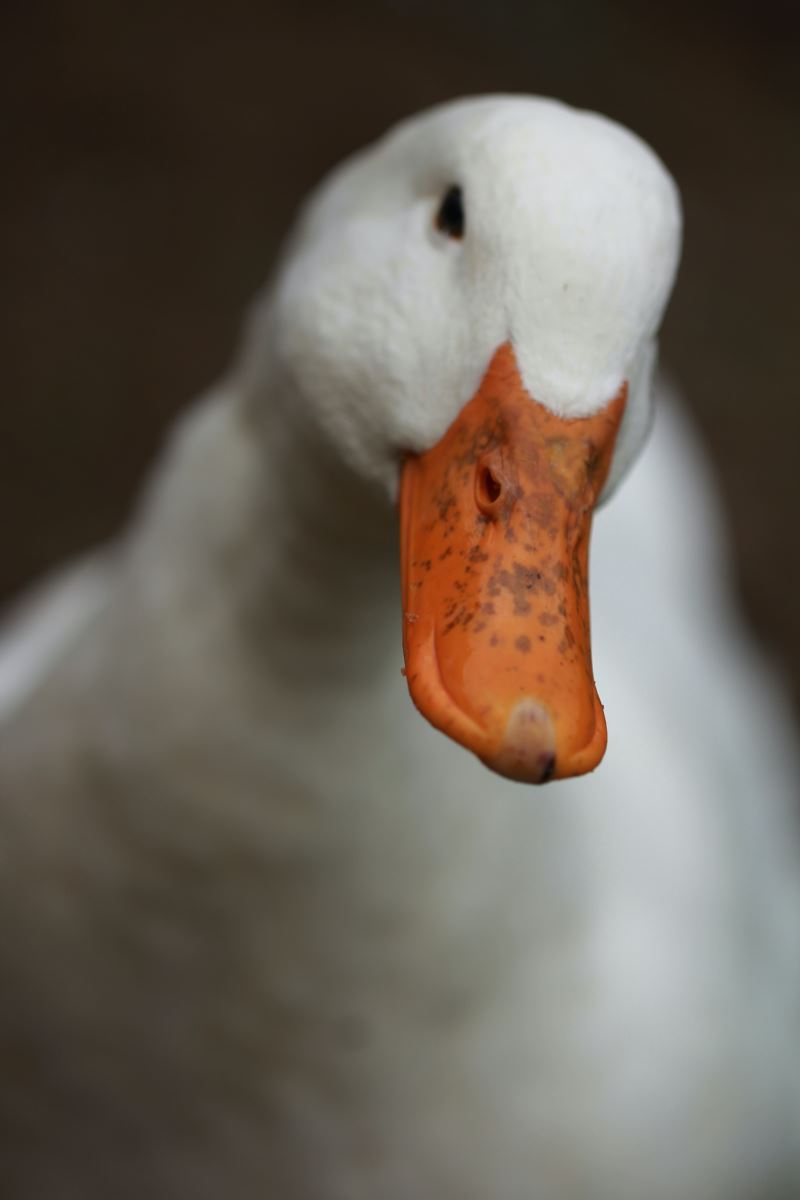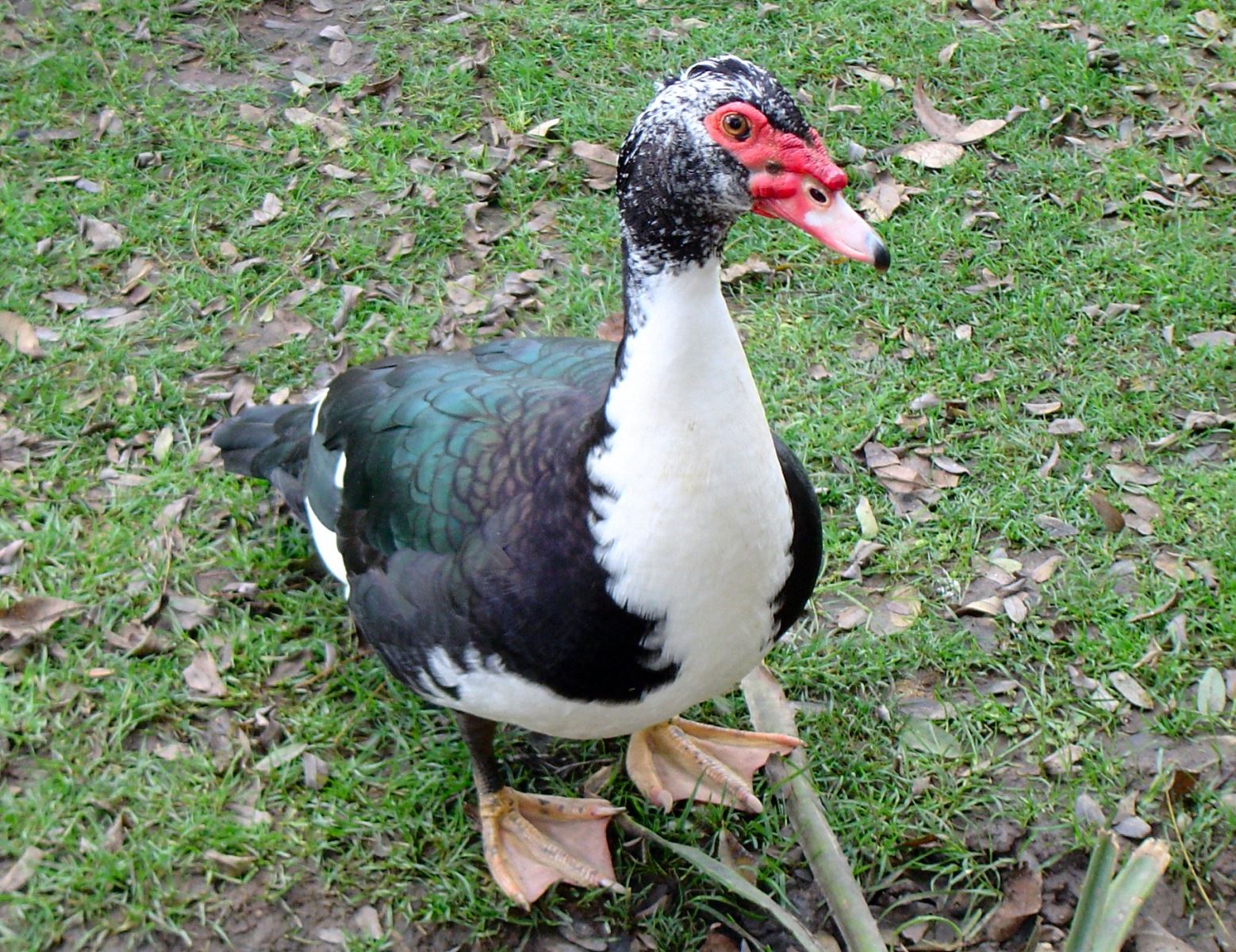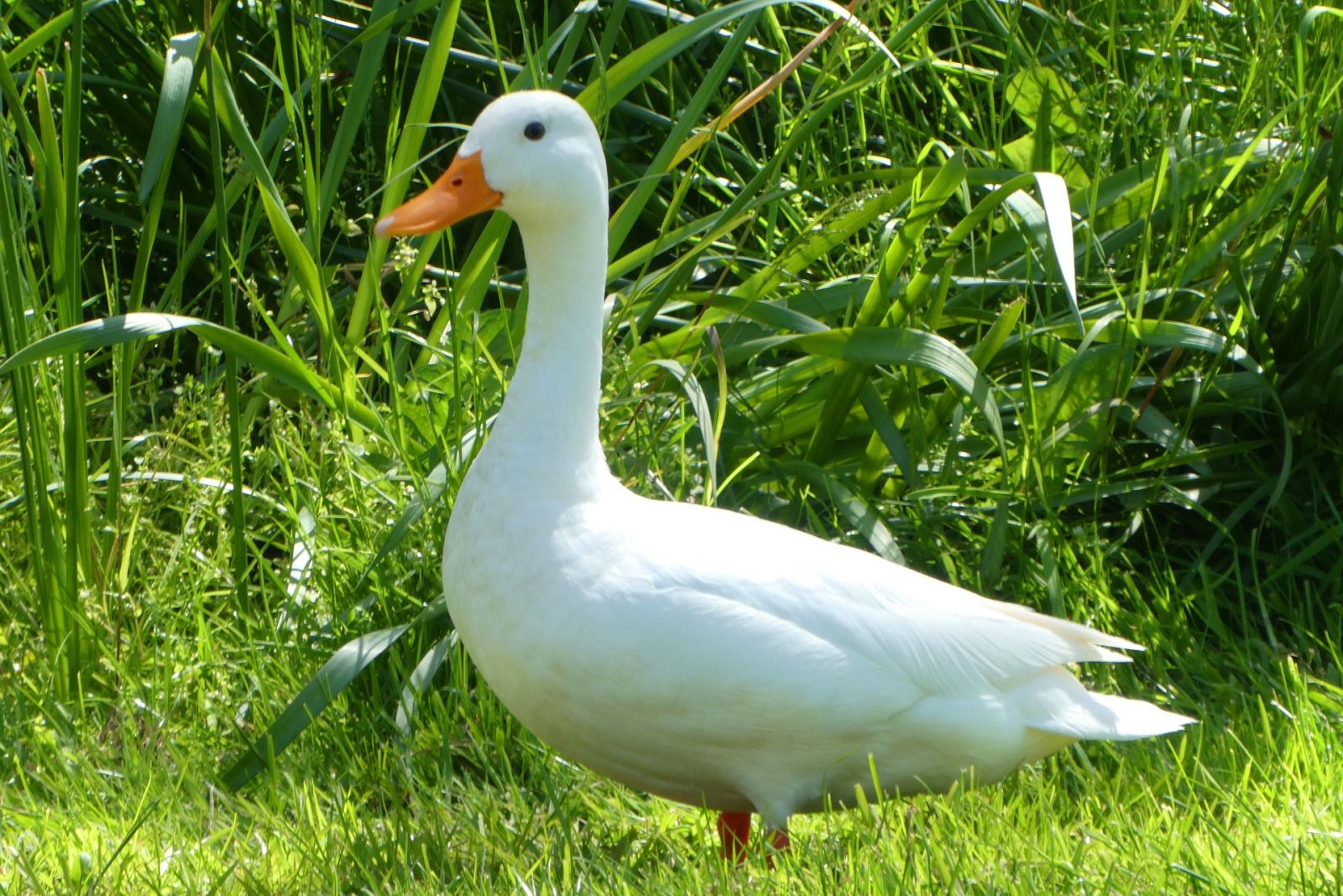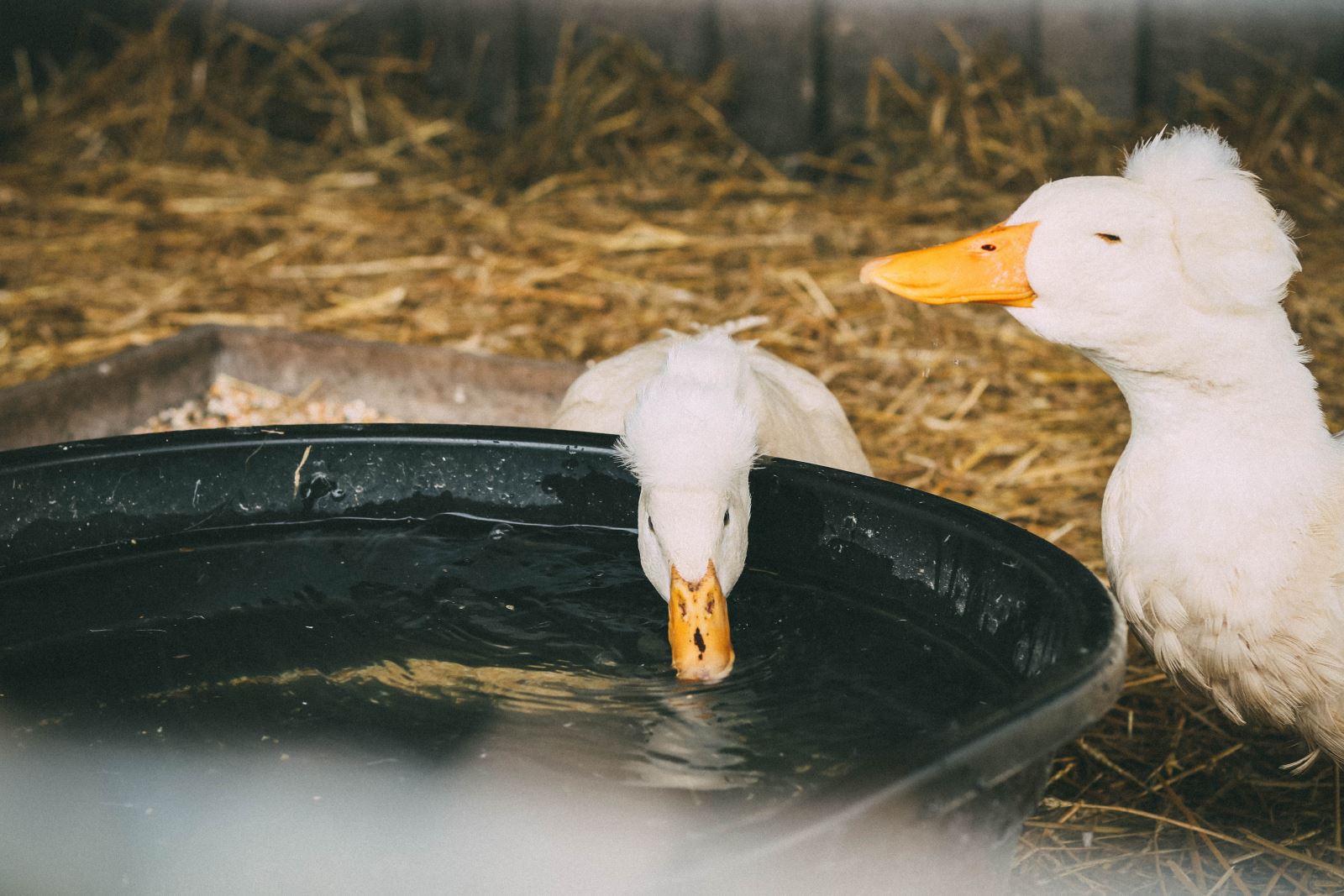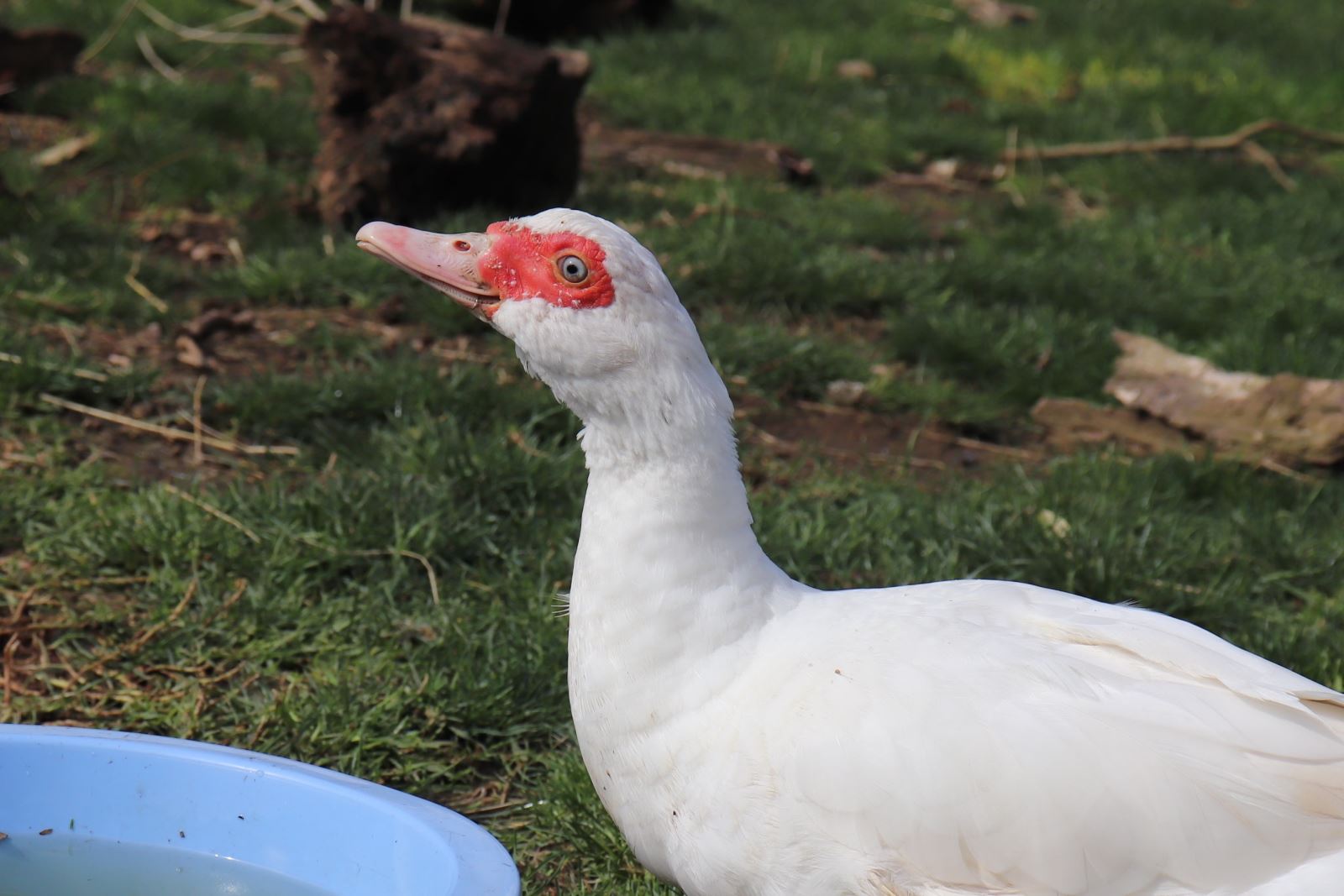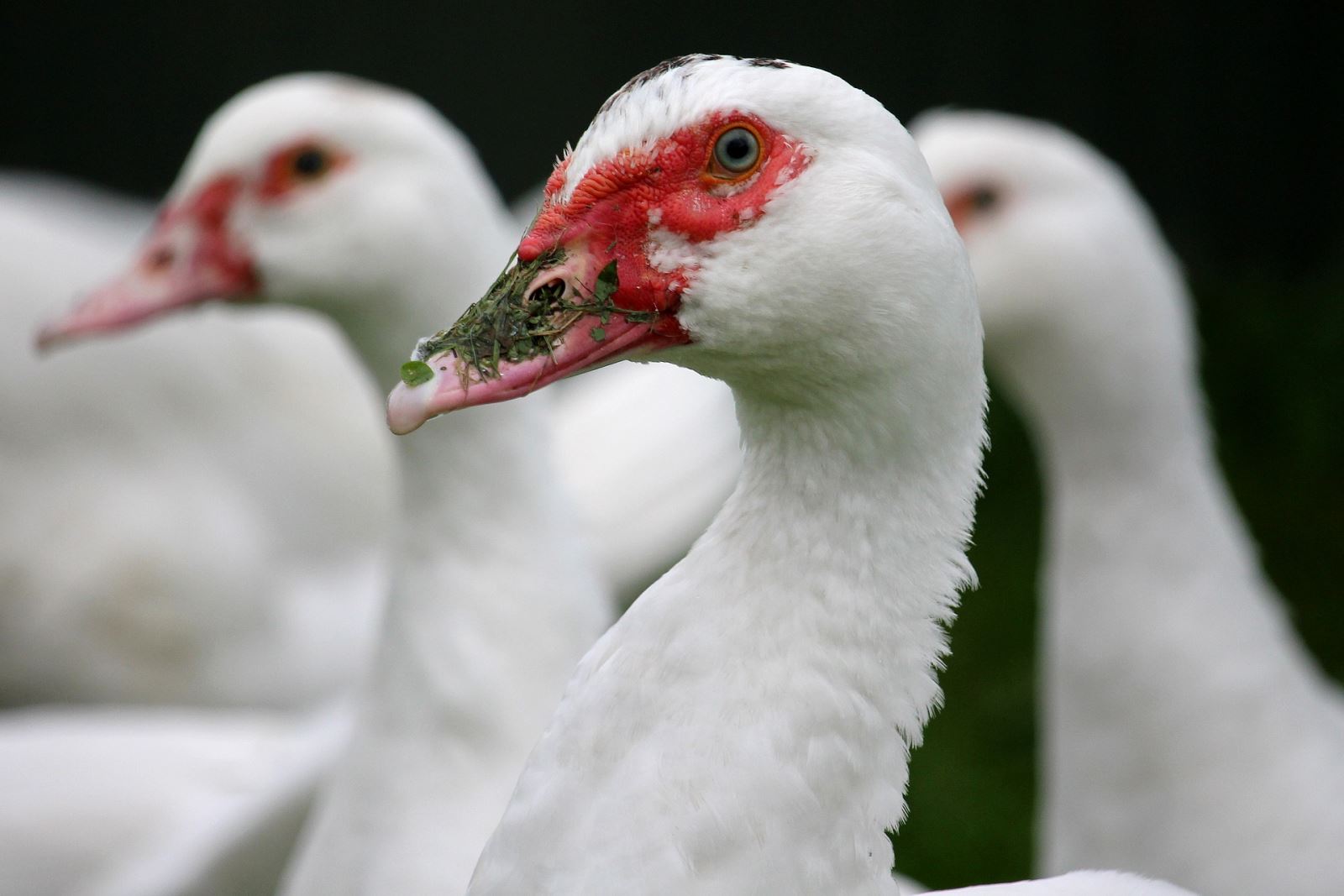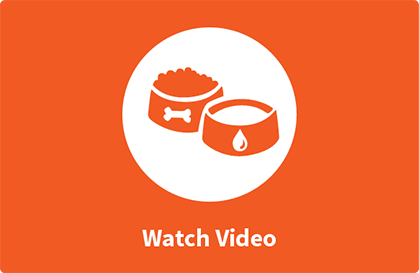Nutrition
All ducks must have access to clean water and a well-balanced, nutritious diet. Proper nutrition provides ducks with their most basic needs allowing them to remain in good health and full of energy. This is a basic and vital need for ducks, just as it is for all animals.
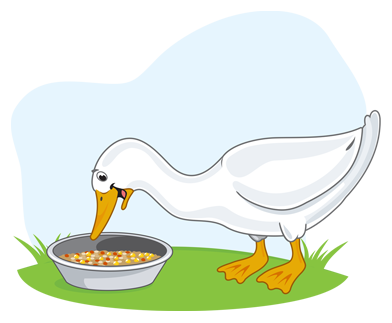
Did you know that there is a special law protecting animals?
This law is called the Animal Welfare Act. The Animal Welfare Act outlines how people must take care of and act towards animals in New Zealand. The Ministry for Primary Industries (MPI), the Police and SPCA work together to make sure people in New Zealand follow these laws.
Under the Animal Welfare Act, all animal guardians (owners) are responsible for making sure the welfare needs of animals in their care are met. Learning about the Five Domains helps us to understand these welfare needs and how we can make sure we provide these. One of the Five Domains is Nutrition. In this section you will learn about this domain and how you can make sure your ducks have what they need for good nutrition.

















